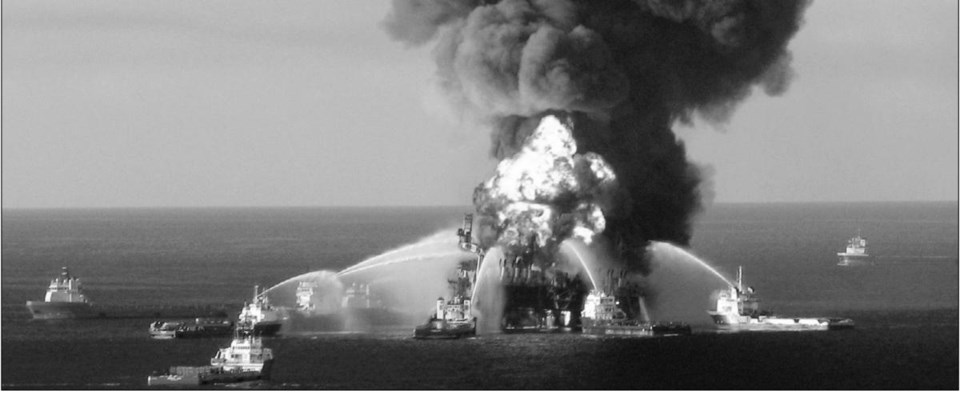The talk about Enbridge, pipelines, and the oilsands is everywhere these days. In most of the discussion, the term "cleanup" is tossed around without much thought to its meaning.
A little research shows that cleanup and oil spill do not belong in the same sentence.
The Exxon Valdez Oil Spill Trustee Council states: "One of the most stunning revelations of our monitoring over the last 10 years is that Exxon Valdez oil persists in the environment and in places, is nearly as toxic as it was the first few weeks after the spill."
The oil that spilled from the Valdez was conventional crude oil, obviously nasty stuff but not nearly as nasty as oilsands bitumen, which Northern Gateway plans to pipe through B.C. and ship to China.
Two years after the Kalamazoo River spill, Prof. Steve Hamilton, an independent science adviser for the clean-up, sticks his paddle into the water and pokes the bottom.
"You can see just a little bit of sheen being produced here and then it starts to come up as I disturb it," Hamilton says.
"This tar sands oil sank to the river bottom because it's heavy - heavier than almost anything that's considered oil."
So when oil company executives, politicians and so-called experts try to sell their spin about oil-spill cleanup, don't be a buyer.
Cleanup to me means gone, fixed, back to original and that's not what has happened in countless spills around the globe.
Dave Secco
Victoria



